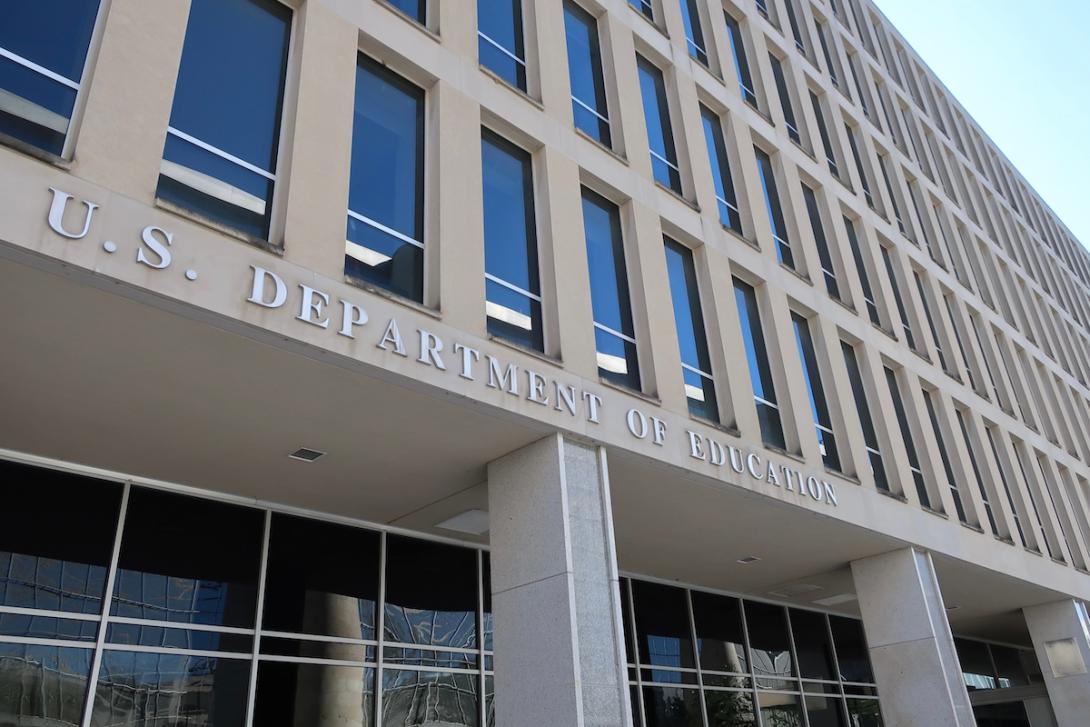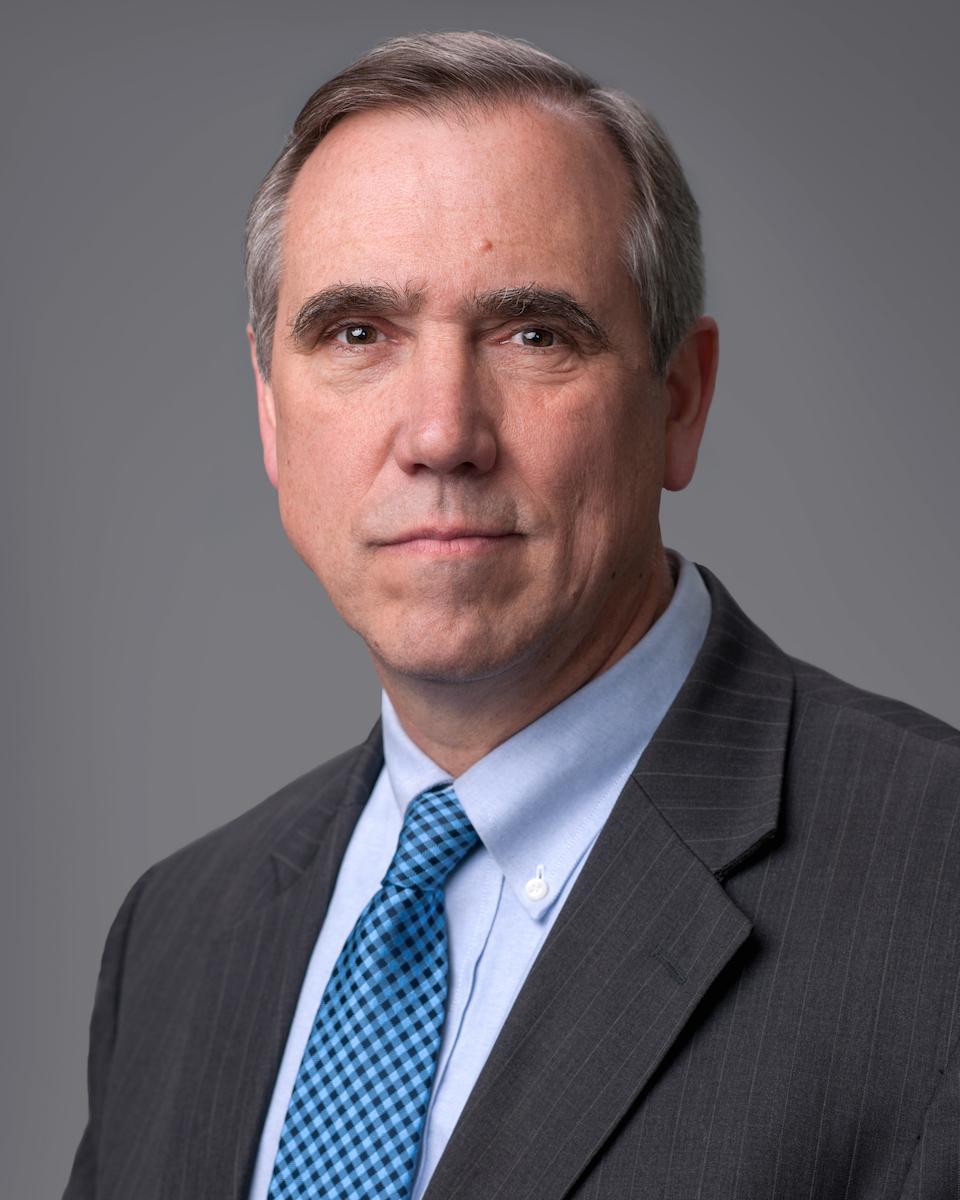
Members of Oregon’s congressional delegation on Thursday asked U.S. Secretary of Education Miguel Cardona to increase his department’s role in combating the opioid crisis. In a letter to the secretary noting Oregon’s surging rate of fatal fentanyl overdoses among teenagers, delegates called the underutilization of drug-use prevention programs among the nation’s schools “concerning.”

Sen. Jeff Merkley said he initiated the request after learning about the Beaverton School District’s “Fake and Fatal: One Pill Can Kill” curriculum, which educates students about counterfeit pills and fentanyl. He wanted to bring that program to the department’s attention, he said, and to prompt it to examine what prevention programs nationally are most successful.
“We need to have a nationwide program with the most effective strategies,” he told The Lund Report. “It has been extremely frustrating to see that our young folks are susceptible to drug overdoses — even just taking a pill for the first time. And we’ve had these deaths, and each one of them is heartbreaking to the families and just devastating for losing a promising young person.”
Merkley said what comes next depends on the Department of Education. If officials there are able to identify prevention programs and methods that are proving to be effective within the U.S. school district that’s using them, he said, “then I’m going to try to develop a bill that would authorize and fund that program across the country.”
The letter expresses concern that lifesaving information is not reaching all the nation’s students, noting that the Beaverton School District’s program “has been a success in our state and could be a life-saving example for other school districts across the country.”
The district lost four students to fatal fentanyl overdoses leading up to the program’s launch in April 2021. Since implementing the program two years ago, there have been no more fatal overdoses among the district’s students, district spokesperson Shellie Bailey-Shah confirmed Wednesday. Fake and Fatal’s rollout included classroom lessons taught to all the middle and high school students in the district, a virtual town hall that more than 6,500 people viewed live, a social media campaign, and getting the opioid overdose-reversing drug Narcan into the classroom. The district is kicking off another “awareness week” May 8. In addition to being featured in Merkley’s letter, “We've also been contacted by the White House's Office of National Drug Control Policy,” Bailey-Shah told The Lund Report.
Merkley’s letter also highlighted the Beaverton district’s non-punitive approach to student drug use, noting it provides “specialists and social workers to each campus to help students and families find the help they deserve.”
In Oregon, that help can be hard to find. The Lund Report reported last month that despite repeated calls for addressing gaps in Oregon’s addiction care system for youth — dating back to 2008 — the system today is nearly diminished. In addition to having no statewide prevention education strategy, Oregon has few intensive outpatient programs and an alarming shortage of residential treatment beds — just 31 for youths across the entire state as of December.
“We’ve got to have more treatment, more beds (and) think about how to use federal resources to help states afford to do that,” Merkley said in response to his state’s dearth of youth services. “Most of these things have to be a partnership between state and federal resources to take it on effectively,” he said.
The Lund Report also reported that Oregon’s rate of fatal overdoses among teenagers has increased faster than any other state, with fentanyl driving the surge. Merkley cited The Lund Report article in his letter, in addition to federal numbers indicating adolescent overdose deaths have more than doubled nationally since 2019.
The letter also called out the continued “widespread availability of counterfeit pills and their availability through commonly accessed social media platforms” as further reason to educate students about the life-threatening dangers.
Asked about social media’s role in the problem, Merkley said advertising drugs is already illegal. But he said he hasn’t been presented with an effective way of blocking the practice on social media.
“You can't stop it,” he said. “All the more reason you need effective education programs, so that our youth don’t respond to those ads.”
Sen. Ron Wyden and five of Oregon’s six members of the House, including newly-elected Republican Rep. Lori Chavez-DeRemer of Happy Valley, signed on to Merkley’s request. The only signature missing was that of Rep. Cliff Bentz, a Republican representing eastern Oregon. His office did not immediately respond to a request for comment.